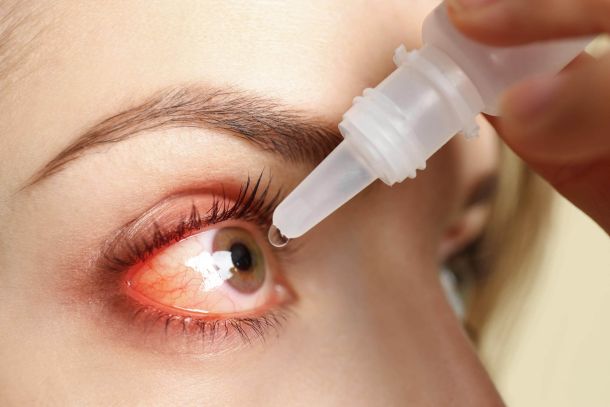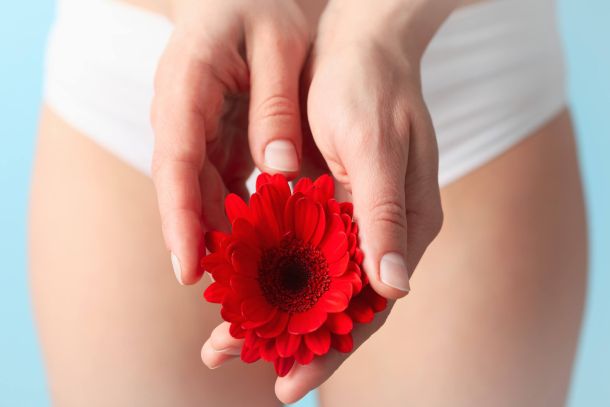Allergies during pregnancy: what symptoms and how to treat them
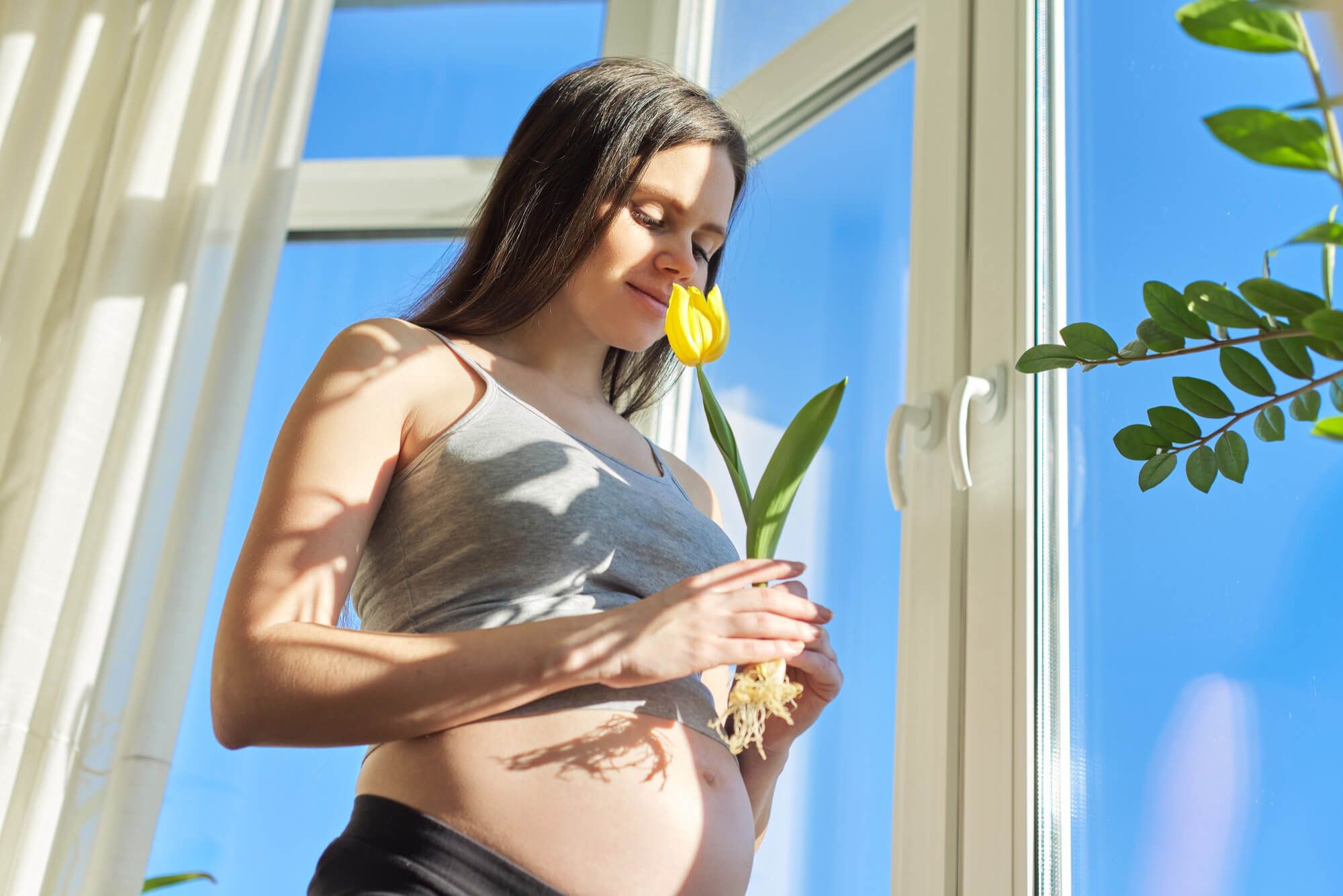

Irina Makarova
During pregnancy, a woman's body is subject to many changes that can provoke allergies. In this article we will look in detail at allergies in pregnancy, their causes, symptoms and treatment methods.
An allergy is a reaction of the immune system to substances that are perceived by the body as harmful. It can manifest as skin rashes, itching, swelling, runny nose and other symptoms.
Causes of allergies during pregnancy

Allergies during pregnancy can occur due to hormonal changes that occur in the body. In addition, the weakening of the immune system in pregnant women can contribute to the development of allergic reactions to various substances.
Influence of allergies on pregnancy and fetal development
Allergies in pregnancy, especially in the 1st trimester, can have a negative impact on fetal development. Allergy exacerbation in the early term may cause an increase in uterine tone, which may lead to miscarriage. In the 2nd and 3rd trimesters, allergies can also negatively affect the pregnant woman and fetal development.
Types of allergies in pregnancy
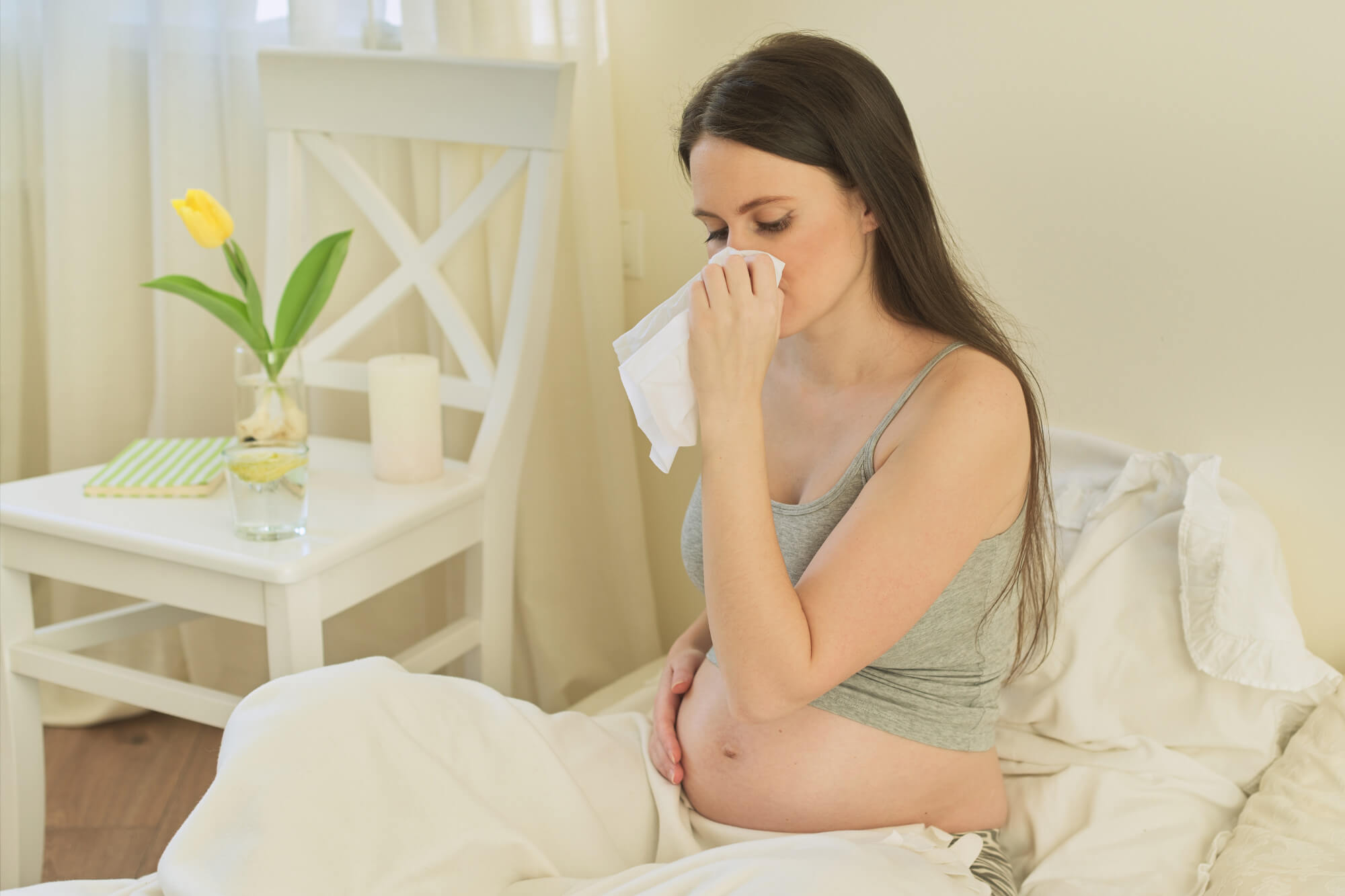
Food allergies
The most common food allergens are dairy products, eggs, fish, nuts, soybeans and wheat. Food allergies can occur in any trimester of pregnancy.
Symptoms of food allergies can include nausea, vomiting, diarrhea, itching, hand rash, swelling, and even anaphylactic shock. If an allergic rash appears on the abdomen and other parts of the body, you should see a doctor immediately.
Allergies to medicines
The most common drugs that cause allergies are antibiotics, aspirin, ibuprofen and other anti-inflammatory drugs.
Symptoms of drug allergy can manifest as skin rash, itching, swelling, urticaria, difficulty breathing, and anaphylactic shock. Effects on the fetus can vary depending on the drug and the gestational age.
Allergy to pollen
Pollen allergy occurs most often in the spring and summer, when plants are in active bloom.
Symptoms of pollen allergy include runny nose, itchy eyes and throat, lacrimation, sneezing and difficulty breathing. Interactions with the allergen can cause an exacerbation of symptoms in pregnant women.
Contact allergies
Contact allergies can arise from exposure of the skin to various substances such as household chemicals, cosmetics, metals, rubber, etc.
Symptoms of contact allergies manifest as skin itching, redness, inflammation and rash.
Diagnosis of allergies in pregnancy
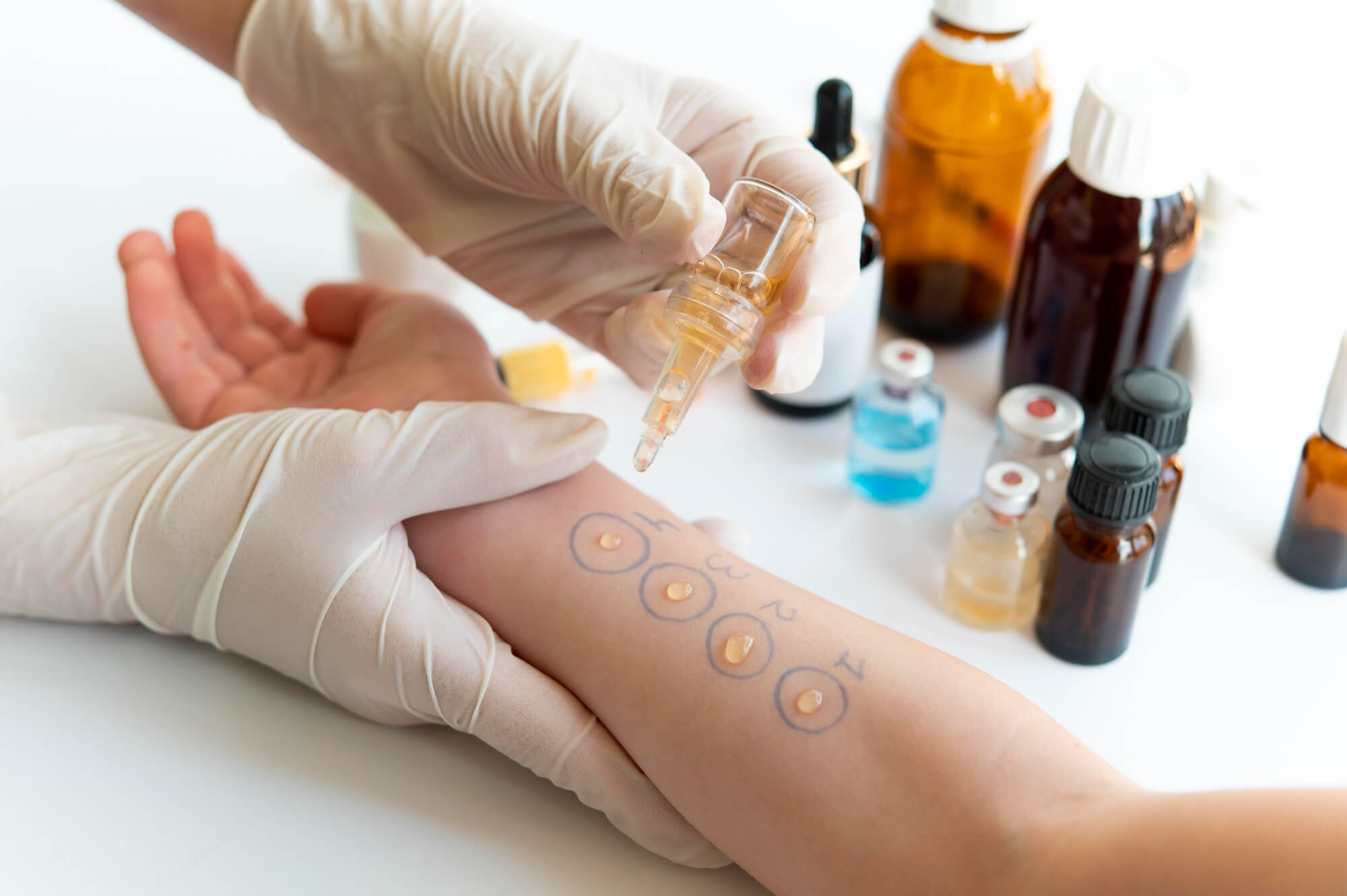
When an allergy is suspected, the doctor collects the anamnesis, clarifies previous allergies, the presence of allergies in close relatives and factors contributing to allergic reactions.
- To determine the allergens, a blood test may be performed to test for antibodies to certain substances.
- Skin tests can detect allergies to specific substances, but they are not recommended during pregnancy because of the possibility of causing an allergic reaction.
- If allergies are suspected, it is important to consult an allergist, who will choose the best treatment and give advice on how to prevent allergies.
Allergy treatment and prevention in pregnancy
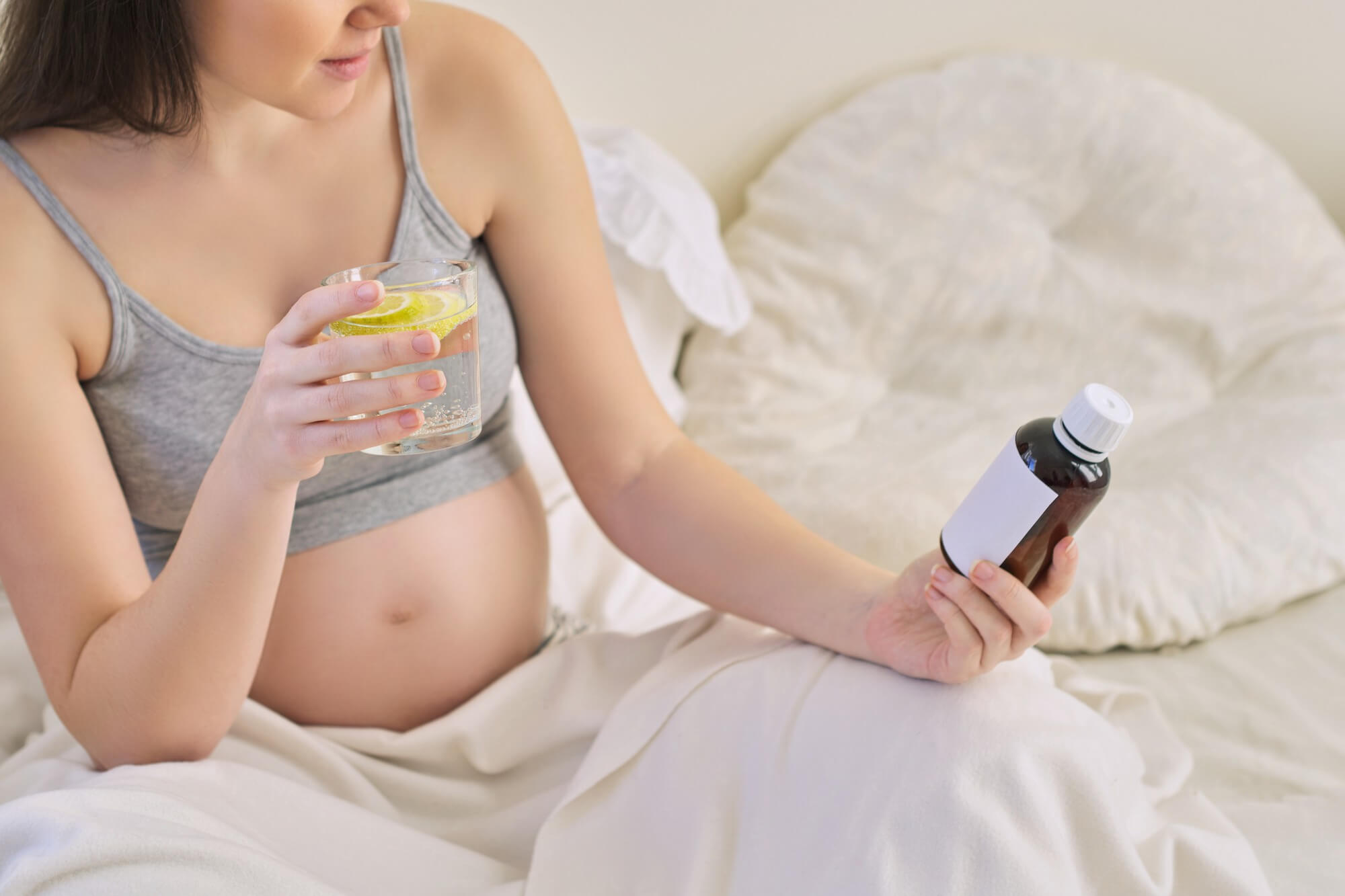
Medication
Antihistamines such as cetirizine, loratadine are often used to treat allergies in pregnancy. It is important to choose drugs that are safe for pregnant women and the fetus.
In some cases, in the severe course of allergies, hormonal medications may be prescribed. However, their use should be strictly monitored by a doctor because of the possible side effects and impact on the fetus.
To relieve the symptoms of allergies, remedies to relieve itching, moistening mucous membranes, and nasal irrigation with saline solutions may be recommended.
Nonmedicamental treatment
With food allergies, it is important to eliminate allergenic products from the diet, as well as to follow a hypoallergenic diet.
Good hygiene will help to reduce contact with allergens and prevent a worsening of symptoms. Ventilate the room regularly, remove dust, and wash bedding.
Some alternative therapies, such as acupuncture, homeopathy, and phytotherapy, can help with allergies. However, a doctor should be consulted before using any method.
Prevention
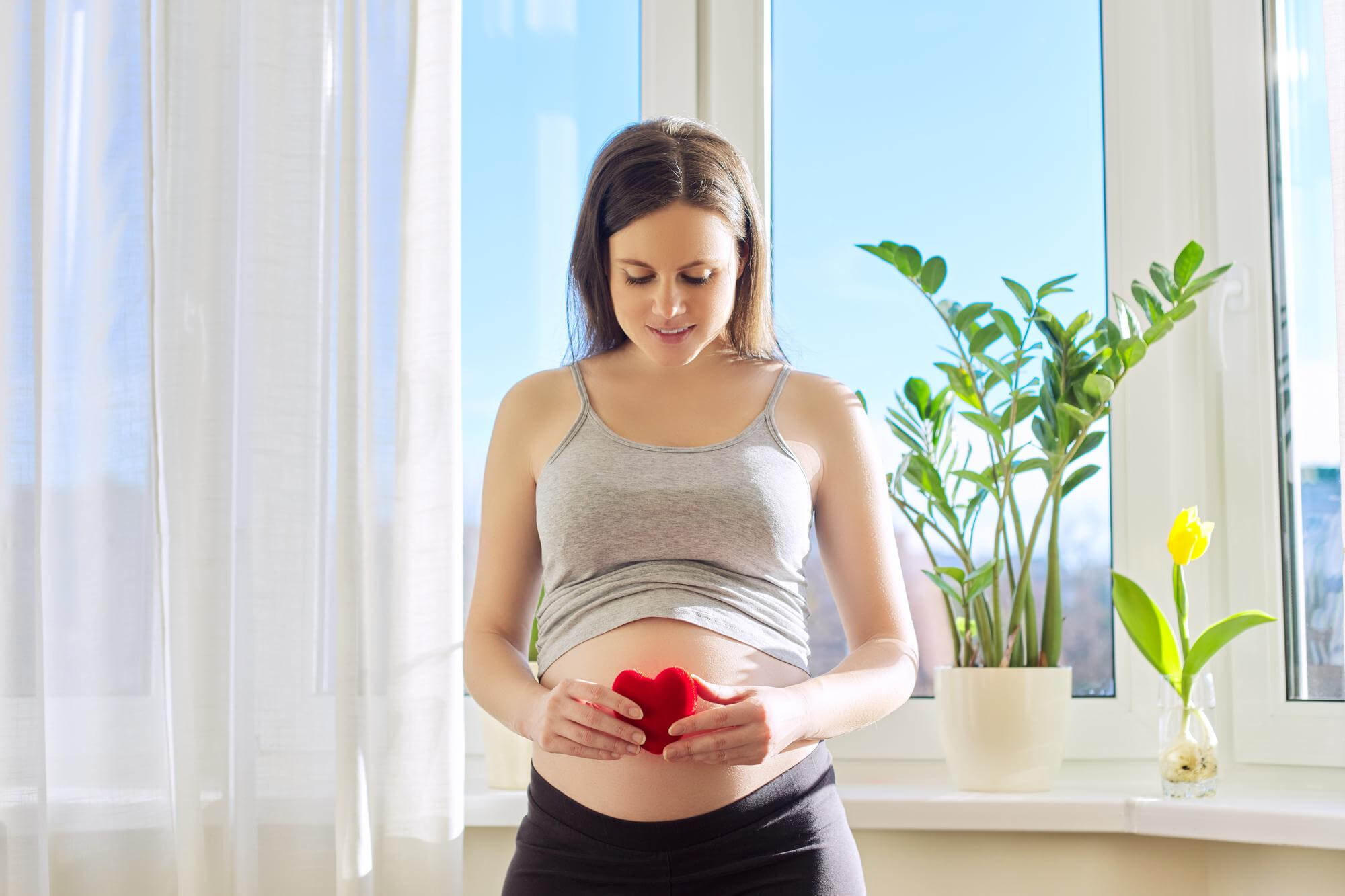
Preventing allergies in pregnancy includes avoiding contact with allergens, eating the right foods, maintaining immunity and a healthy lifestyle.
In conclusion, allergies during pregnancy can cause certain difficulties and complications. However, timely contacting a doctor, proper treatment and prevention will help to avoid the negative impact of allergies on the fetus and the health of the expectant mother. Pregnant women who are faced with allergies, it is important to know what to do in different situations, what medications to drink and what to treat allergies in the 1st, 2nd and 3rd trimesters of pregnancy. The effect of allergies on the fetus depends on many factors, including the degree of the allergy and the timing of the pregnancy. Take care of your health and the health of your baby!
New materials
Popular Articles
We recommend reading
Contact us in the Contact Us section to ask questions, offer ideas, or for more information about our allergy resource.
Our articles are your trusted source of allergy knowledge. Learn how to make life with allergic reactions easier on our specialized portal.
©
Lechenie-Allergii.com. All rights reserved.
© Lechenie-Allergii.com. All rights reserved.
The information on this site is for informational purposes only and is not a substitute for professional medical advice. We recommend consulting with qualified medical professionals for accurate information and advice.
 English
English  Українська
Українська  Русский
Русский 








